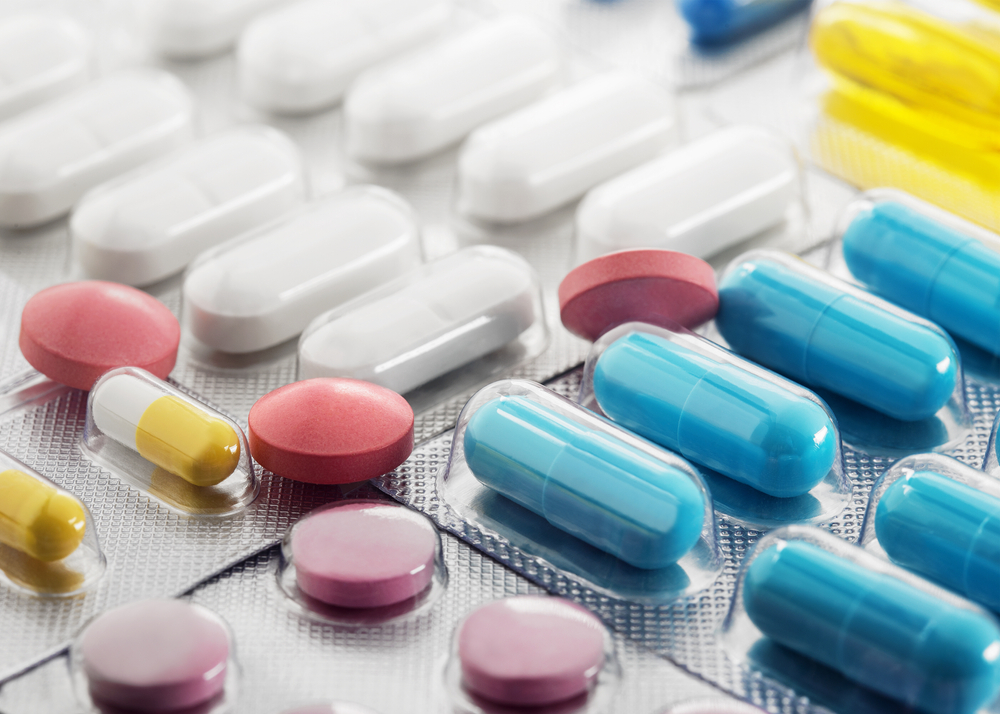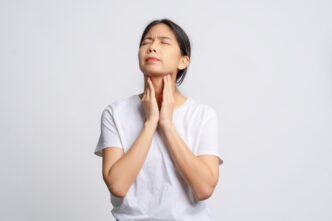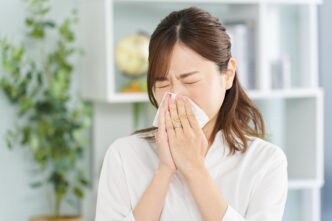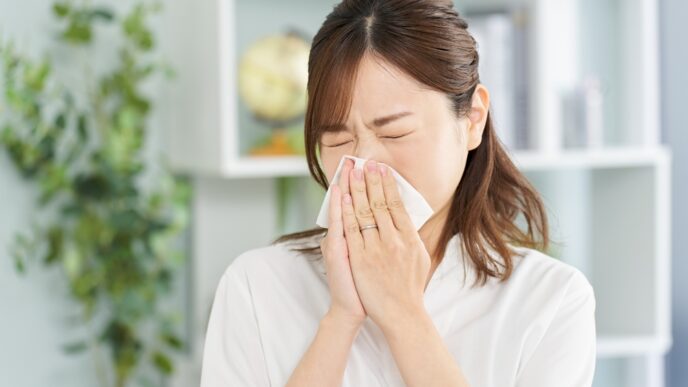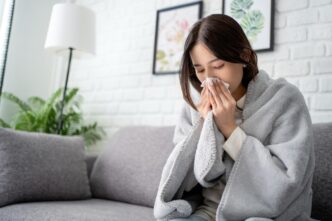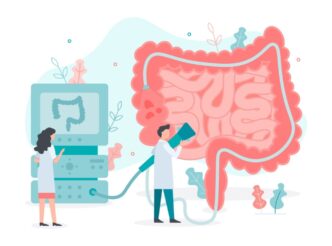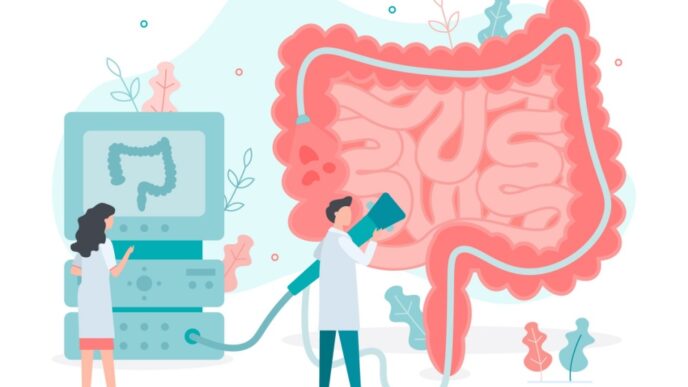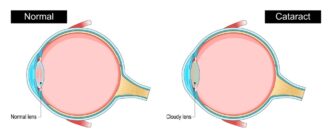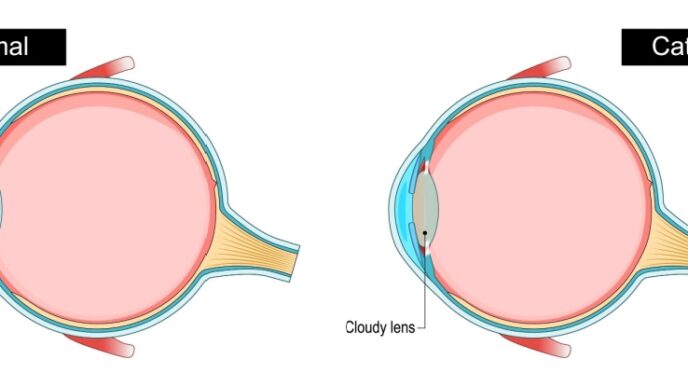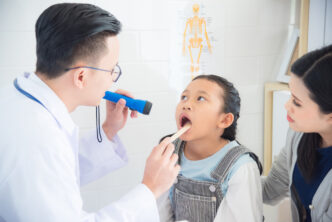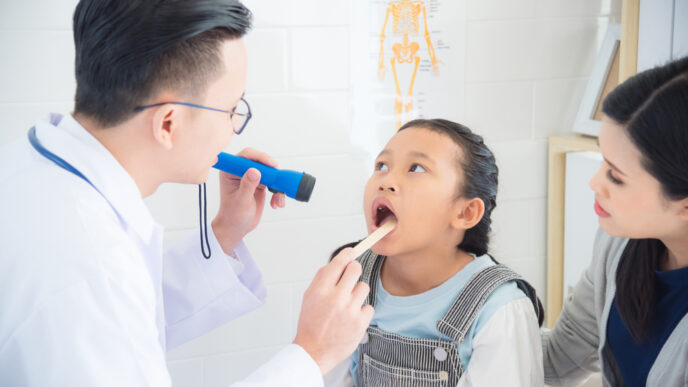Dr Syamhanin Adnan Senior Clinical Pharmacist (Acute Medication Service), Hospital Sungai Buloh
Dr Benedict Sim Lim Heng Senior Consultant (Infectious Diseases), Hospital Sungai Buloh
You are surrounded by bacteria; they are attacking in large numbers. You have to defend yourself. You need to protect yourself from their attacks and you cry for help.
Someone hands you a weapon. You hold it tightly. It does not only shield you but acts as a weapon to kill the bacteria.
You are safe … for now.
Then they attack again, a second time. You reach for the weapon again.
But this time, it does not work anymore. The bacteria are no longer killed; they break through your defenses and swarm you. Your life is in danger now.
And then, you hear a voice calling you, and you jolt awake. It is all a dream – you think to yourself, relieved. No, it is not. Your doctor is telling you that your daughter is dying because there is no effective antibiotic that can cure her infection.
She has lost that the only weapon that can shield her from those bacteria. Just like in your dream, no, nightmare – she is alone, lost, in danger.
You painfully remember how you frequently requested for antibiotics from your doctor whenever your daughter had a simple cold or cough.
All those little moments, all those unnecessary medications that led to this very instance when your nightmare has now become a reality.
You can’t think straight right now. There is a scream building inside you, as you desperately wish that you could go back in time and undo those little moments.
LET US GO BACK IN TIME.
When Alexander Fleming discovered penicillin in 1928, he was quoted as saying, “… the discovery of penicillin was a triumph of accident, a fortunate occurrence which happened while I was working on a purely academic bacteriological problem. Nature makes penicillin; I just found it.”
It was the accidental finding that became a miracle in modern medicine. A miracle that needs to be preserved, as it does not appear every day in our lives. Alexander Fleming did warn us even then about the risk of losing this miracle due to an act of a certain “evil”:
“The microbes are programmed to resist penicillin and a host of penicillin-fast organisms are bred out. In such cases, the thoughtless person playing with penicillin is morally responsible for the death of the man who finally succumbs to infection with the penicillin-resistant organism. I hope this evil can be averted.”
Even though it is bacteria that bring harm to us, it is us who are creating this “evil”.
A recent study among general practitioners (GPs) in Selangor revealed that 90% of patients suffering from cold or the flu expect antibiotics from a GP and 21.6% of doctors prescribe antibiotics when requested by patients, even if they think it unnecessary.
Another two studies, which surveyed the public’s knowledge of antibiotics, revealed that 40-60% of the public will take antibiotics when they catch a cold and expect to be prescribed by antibiotics if they suffer from cold symptoms. Almost 20% of the survey respondents admitted to keeping a stock of antibiotics at home in case of emergency.
THIS IS WORRYING.
The Institute for Medical Research, Malaysia has been reporting increasing resistance rates of numerous bacteria to commonly used antibiotics. Streptococcus pneumoniae is increasingly resistant towards macrolides, a common antibiotic prescribed for cold and the flu. Fusidic acid is less effective against Staphylococcus aureus. Escherichia coli is increasingly resistant to cephalosporins while Salmonella typhi is now more resistant to ciprofloxacin. Other common bacteria that cause infections in the hospital environment e.g. Klebsiella pneumoniae, Pseudomonas aeruginosa and Acinetobacter baumannii, are also showing signs of resistance.
What does this mean for us? All the antibiotics that have effectively protected us from life-threatening germs will become ineffective in time, turning easily treated infections into life-threatening ones. For example, before the discovery of antibiotics, 9 out of 10 children with bacterial meningitis died. Will such tragedies happen again when our antibiotics stop working?
“But can’t we make new antibiotics?” you may be wondering. We can, but research and testing of new drugs is complicated, involving time and money. It is possible that our old antibiotics may stop working before new ones are made available in the market!
THE WORLD GALVANIZES INTO ACTION.
The harsh reality is that we cannot stop antibiotic resistance from happening. However, we can slow it down by simply not using antibiotics when we don’t need them. While this seems easy, it requires the world – all of us – to work together.
A global action plan to tackle the growing problem of resistance to antibiotics and other antimicrobial medicines was endorsed at the 68th World Health Assembly in May 2015. One of the key objectives of the plan is to improve awareness and understanding of antimicrobial resistance through effective communication, education and training.
World Antibiotic Awareness Week, which was launched by WHO from 16 to 22 November, aims to increase awareness of global antibiotic resistance and to encourage best practices among the general public, healthcare workers and policy makers to avoid further emergence and the spread of antibiotic resistance. As patients, you need to learn about the dangers of resistance and avoid requesting for antibiotics from your doctors for self-limiting infections.
WHAT CAN YOU DO TO HELP SLOW DOWN ANTIBIOTIC RESISTANCE?
- Do not request antibiotics when they are NOT NEEDED, whether for yourself or your family members. Antibiotics are not necessary for diseases caused by viruses (e.g. flu, sore throat, bronchitis, and many ear and nose infections).
- Complete your antibiotic course; do not keep them for future use.
- Do not share your antibiotics with others.
In reality, we cannot stop antibiotic resistance but we can slow it down and stop it from spreading by simply not using antibiotics unnecessarily. We can make a difference and it starts with us.
References: 1. Institute for Medical Research. Available at www.imr.gov.my 2. Hassali M.A. et al. (2015) General practitioners’ knowledge, attitude and prescribing of antibiotics for upper respiratory tract infections in Selangor, Malaysia: findings and implications. Expert Rev Anti Infect Ther; 13(4): 511-520. 3. Lim K.K. and Teh C.C. (2012) A Cross Sectional Study of Public Knowledge and Attitude towards Antibiotics in Putrajaya, Malaysia. South Med Rev; 5(2): 26-33. 4. Muhammad Qamar et al. (2014) Knowledge and Attitude Towards Antibiotic Usage Among General Public in Shah Alam, Malaysia. UK Journal of Pharmaceutical and Biosciences; 2(6): 60-66.


